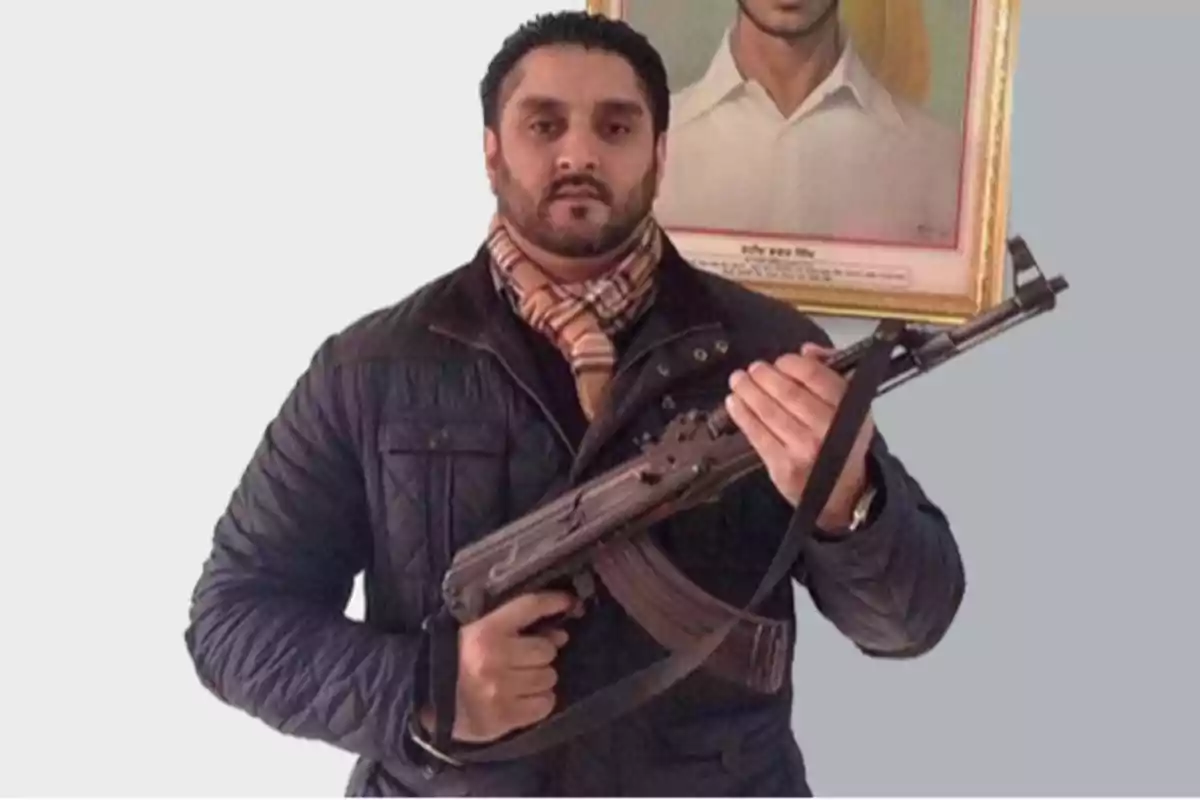
A wave of recently elected Muslim mayors brings fear in the United Kingdom
With the recent election of the dangerous Ajit Atwal in the British county of Derby, the growing trend of electing foreigners worries society
In recent days, a new member of the Muslim community, Ajit Atwal, was elected to serve as mayor of the city of Derby, in United Kingdom. Atwal is a British politician of Indian origin, known for his association with the Liberal Democrat Party and for having been a councilor in Derby.
In 2014, Atwal was involved in a controversy after posting on Twitter a photograph in which he appeared holding an AK-47 rifle during a vacation in India. Although he claimed that the image was taken by a political friend in India and that he committed no crime, the photo was removed after publication in a British newspaper.
The United Kingdom's Judicial Conduct Investigations Office determined that his behavior discredited the judiciary and, after an investigation, Atwal was suspended from his position as a magistrate and lost his seat as a councilor in the local elections of May 2015.
Not only has Atwal's case caused great concern among the United Kingdom's citizens, but in recent years, the frequency with which members of these communities are elected, has aroused great suspicion among various British sectors.
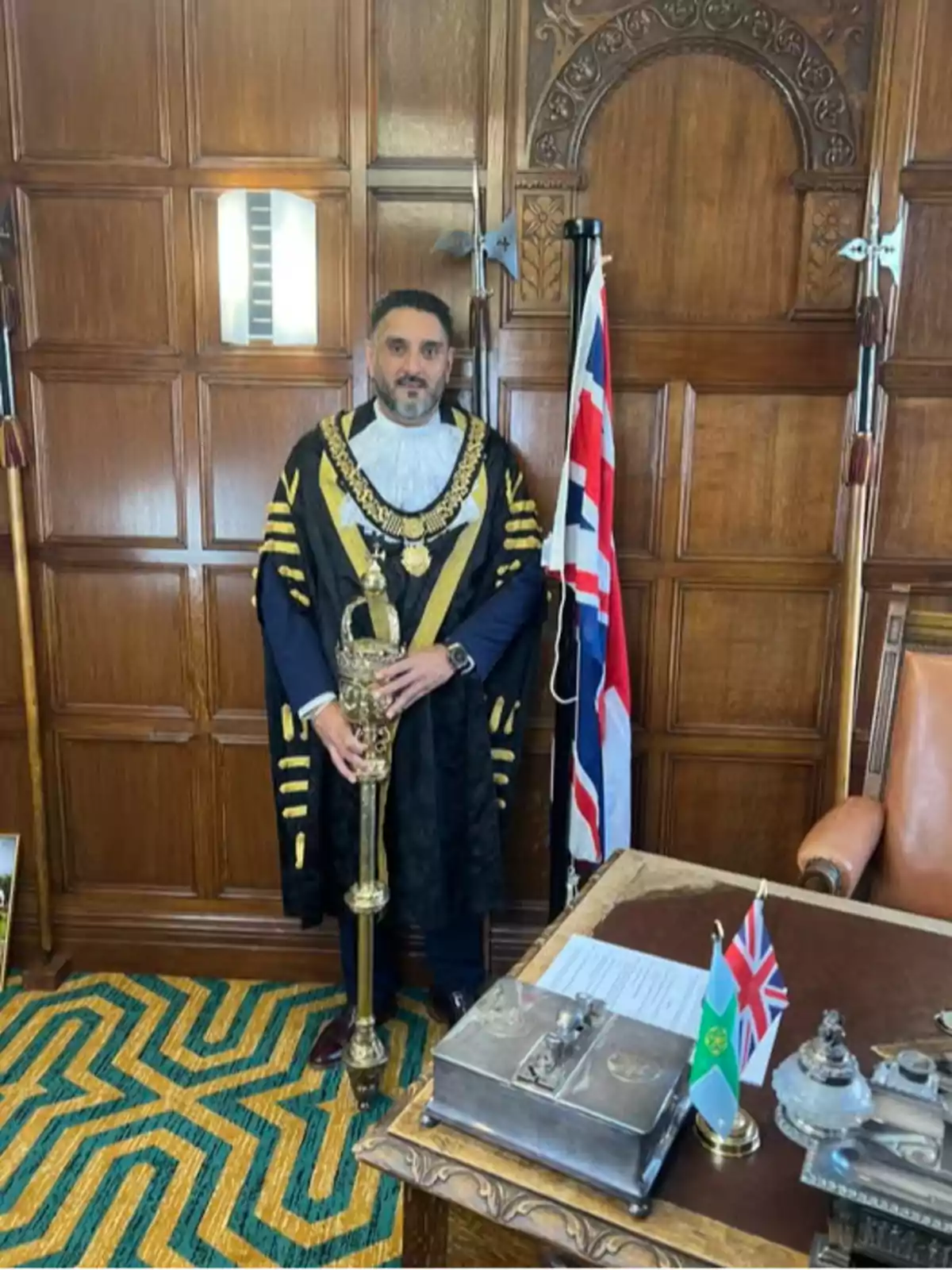
In the municipal elections of May 2024 in the United Kingdom, significant advances in Muslim representation in public offices were also recorded.
In Brighton and Hove, Mohammed Asaduzzaman, a Muslim immigrant originally from Bangladesh, was elected mayor. Asaduzzaman, who has worked in the government of Bangladesh and in community initiatives during the pandemic, represents a concerning change in a city historically considered homogeneous.
In Leeds, Abigail Marshall-Katung assumed the position of Lord Mayor, becoming the first African-origin councilor to hold this position. Although she is not Muslim, her election reflects the growing eagerness of minority communities in local politics.
The election of mayors of Muslim origin in several British cities has caused many negative reactions and concerns within numerous sectors of the population.
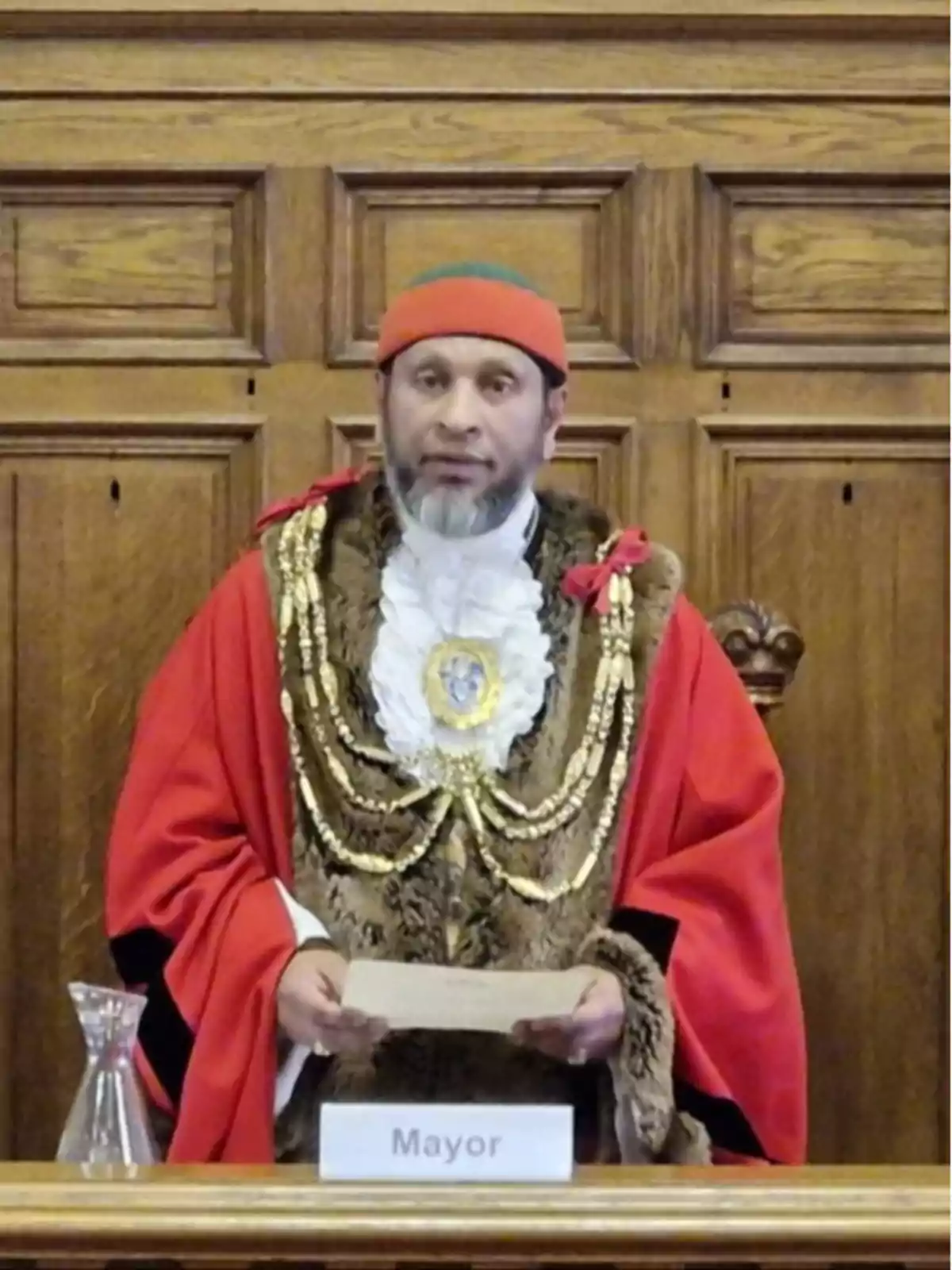
A large part of the citizenry fears that these victories reflect a growing cultural fragmentation and the formation of politically closed communities or influenced by religious interests.
Many critics argue that there could be a risk of favoring identity politics that prioritize certain groups over an integrative and secular vision of the state.
Additionally, some correctly point out that these elections could intensify social tensions, especially if there is a perceived lack of integration or equitable representation for the native British population.
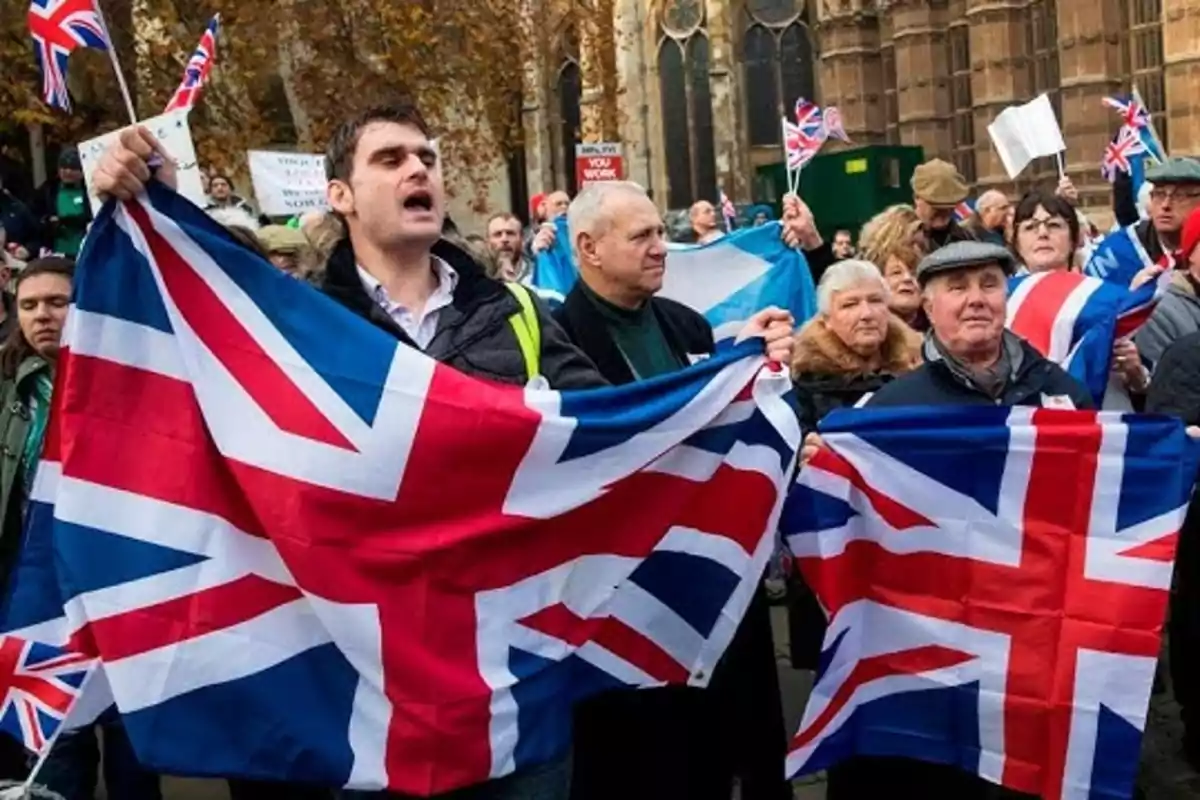
There are also concerns about possible links with particular stances of Islamic culture on issues such as women's rights, education, or secularism, something that has already been expressed as a growing concern worldwide.
Added to this, a major concern that British society has perceived in recent years with the increase in Muslim representation in positions of power is the connection of those who manage to install themselves in certain positions with groups motivated by Islamic terrorism.
One of the main fears is also the perception that Muslim politicians prioritize the interests of their community over the common good.
In cities like Tower Hamlets and Bradford, it has been argued that public resources, such as housing and urban regeneration, are distributed unequally, favoring Muslim communities and generating understandable resentment among other ethnic groups.
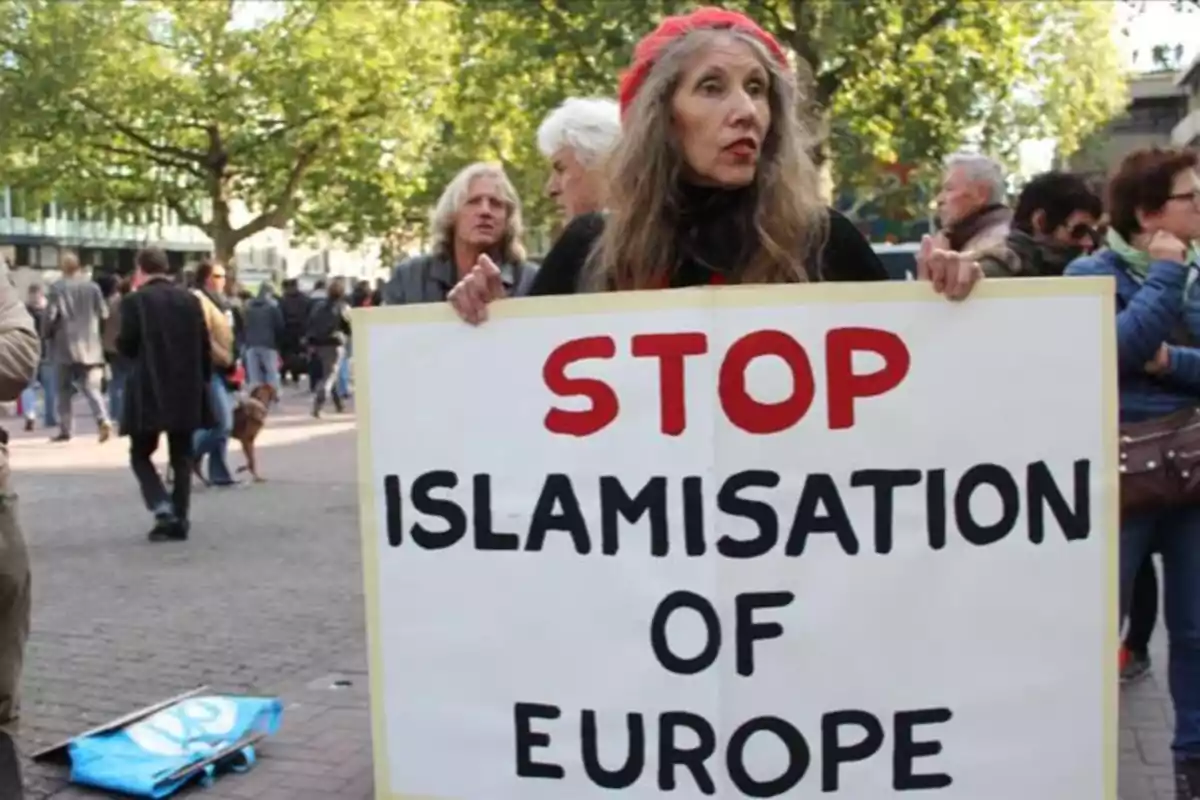
More posts: